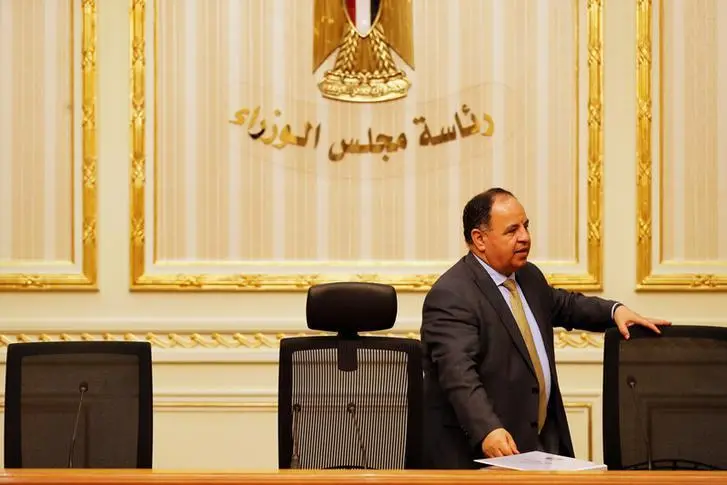PHOTO
Egyptian Minister of Finance Mohamed Maait has stated that a conference will be held soon to announce the state’s tax policy document for the next five years to set up a strategy that supports stability of tax systems, especially in light of exceptional circumstances in the global arena.
The minister said: “We are ready to adopt any serious proposals that contribute to enriching economic path pursued by the state, in order to sustain growth, transform Egypt into a regional and global center for production, and re-export to various European and African countries, in light of the ingredients we possess that qualify us to achieve these strategic goals. The successive global crises demonstrated the validity of the Egyptian vision in intensifying efforts to stimulate productive and export activities, which were embodied in tax and customs incentives, and credit facilities. As the COVID-19 pandemic and the war in Europe led to disruption in the supply and supply chains, and thus the prices of goods and services rose, there is no alternative to partnership with the private sector to enhance contributions of industrial and agricultural production to the structure of economic growth.
The minister explained that the state, in order to empower private sector, adopts many initiatives, led by initiative to support the productive sectors by providing EGP150bn in soft financing at 11% interest for agricultural and industrial production activities, and the state’s public treasury bears EGP 10bn annually, the interest rate difference in this initiative. Besides, the government during the period from October 2019 until now has disbursed EGP 48bn of export subsidy programme to 2,500 companies; with the government’s intention, starting from the next fiscal year, to disburse subsidies to exporters in the same year of export; in a way that helps provide necessary cash liquidity to enhance local production.
The minister pointed out that the state’s general treasury also bears EGP 5bn worth of real estate tax on industrial and productive sectors for a period of three years, and bears EGP 6bn annually to subsidise electricity for industry. In addition to, canceling development fee and customs tax on importing mobile components to encourage mobile phone industry in Egypt.
The minister disclosed that mechanisms of participation with the private sector (P.P.P) have been developed in infrastructure projects, utilities and public services, with a legislative amendment to expand the patterns of participation, facilitate offering and contracting procedures, through balanced contracts based on the distribution of risks between the state and private sector, and be attractive to investors.
© 2022 Daily News Egypt. Provided by SyndiGate Media Inc. (Syndigate.info).





















